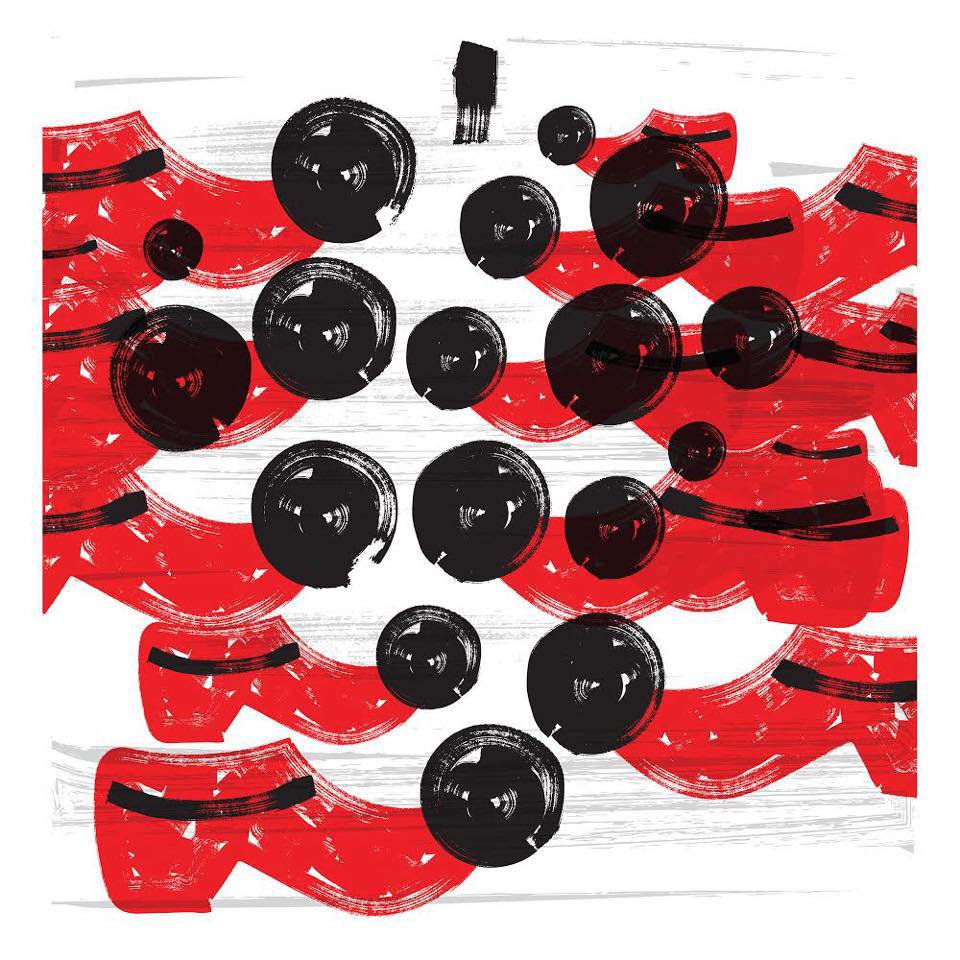
These days, we are able to enjoy some very fine Greek wines, something that would have seemed like a pipe dream in the not-so-distant decade of the 1980s. In the recent past to which I’m referring, choices were particularly limited and the quality of wines was rather poor. Today, however, Nemea, Naoussa, Mantinia, Santorini, Crete and all the other place names associated with Greek wine generously offer us the fine fruit of their soil. We drink them gladly for various reasons, but the million dollar question remains: how well can Greek wine do internationally, or, put another way, how appealing does our wine look on the racks of a wine shop abroad, nestled in among a variety of choices from France, Italy, Spain and the New World countries?
We Greeks may drink Greek wine intuitively, just as we listen to Greek music or watch Greek films, perhaps either for reasons of localisation or out of sheer habit. I think that the greatest challenge we face is rendering our products competitive on an international level. Outside the borders of Greece, the drums of chauvinism don’t beat. Words like meraki (the love, care and often personal touch one puts into his work or to a given activity) or filtimo (one’s responsibility to oneself to act in accordance with righteousness, honor and dignity), and all other such nonsense we use as alibis are no longer valid; things are stripped down to their essence.
Looking back on our country’s wine history, I will admit that the purely oenological sector, the segment in charge of production, did its job with consistency and professionalism. Certain early slips, such as the overproduction of wines from foreign varieties, like Sauvignon Blanc, Merlot and Cabernet Sauvignon, at the beginning of the period of rebirth that Greek wineries underwent, were inevitable mistakes: back in the 1980s, we ourselves we let alone our potential foreign buyers. In the “era of the terroir” in which we are living today, this “indigenous” issue has been resolved, and grapes such as Agiorgitiko, Xinomavro, Assyrtiko and Moschofilero now play a key role in the industry.
I have to say that I disagree to a certain extent with the commercial orientation of our wines, something for which, of course, the winemakers themselves aren’t responsible. Instead of focusing on place names, we’ve currently made brand names pivotal. This choice creates trends and boosts easy sales inside the borders of Greece but, at the same time, it makes it harder for winemaking regions to acquire more universal recognition.
Despite the progress made in recent years, our wine identity is still not entirely clear. In my opinion, the first obstacle we face is our multiformity. New Zealand, for example, planted Sauvignon Blanc vines for the first time in 1972. Very quickly, it managed to establish itself on the international market because it had a single grape, a single style and a single wine color to promote. In our case, it’s anything but easy to create an identity encompassing such a wide range of varieties, including Malagousia, Vidiano, Mandilaria and Robola.
Another, more fundamental, aspect is that of the price range. For some reason, despite the fact that all wine-growing zones generally provide different wines corresponding to everyday life on the one hand and to Sunday meals and special occasions on the other − with corresponding price ranges − we still insist on producing truly great wines that are destined exclusively for the “upper shelf”. Luckily, the financial crisis has had a significant impact on winemaking, pointing it in a more budget-friendly direction. In a country with a strong culinary tradition like Greece, it would be a mistake not to coordinate wine and food growth rates. Both here in Greece and abroad, we have some great restaurants that promote their Greek origins and identity in a laudable manner. Greek food is, beyond a doubt, the ideal “vehicle” to assist Greek wine on its journey to greater recognition. A few years ago, we had every reason to complain, as the quality, the aesthetics and the general standards of Greek restaurants abroad were an insult to us all. Today, things have improved dramatically and you can find modern and creatively competitive representatives of Greek gastronomy in all of the large cities around the world.
It’s my belief that Greek wine has already reintroduced itself to consumers outside the borders of Greece. Of paramount importance is the fact that we’ve managed to shake off the bad reputation that had, not without reason, dogged our wines in the past. Establishing oneself is something that takes time, devotion and hard work. I would suggest we put aside the obsessive love for our country that blinds our judgment, and let consistency and patience guide us instead. ●
